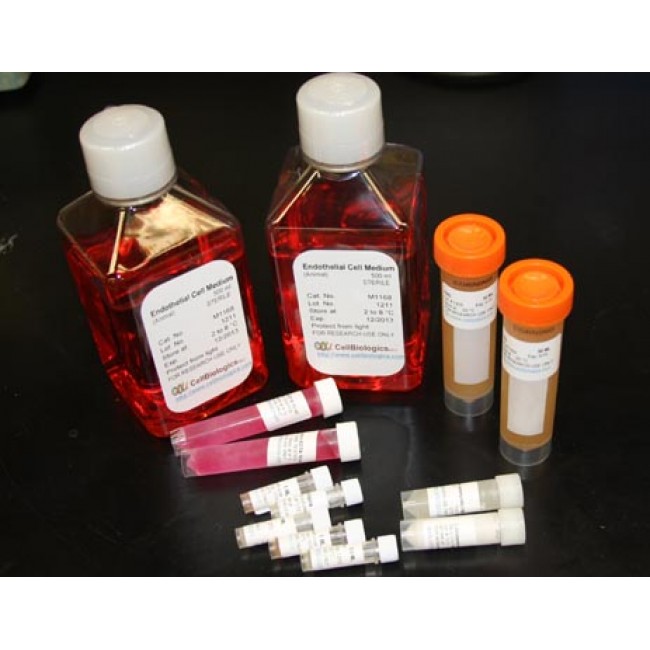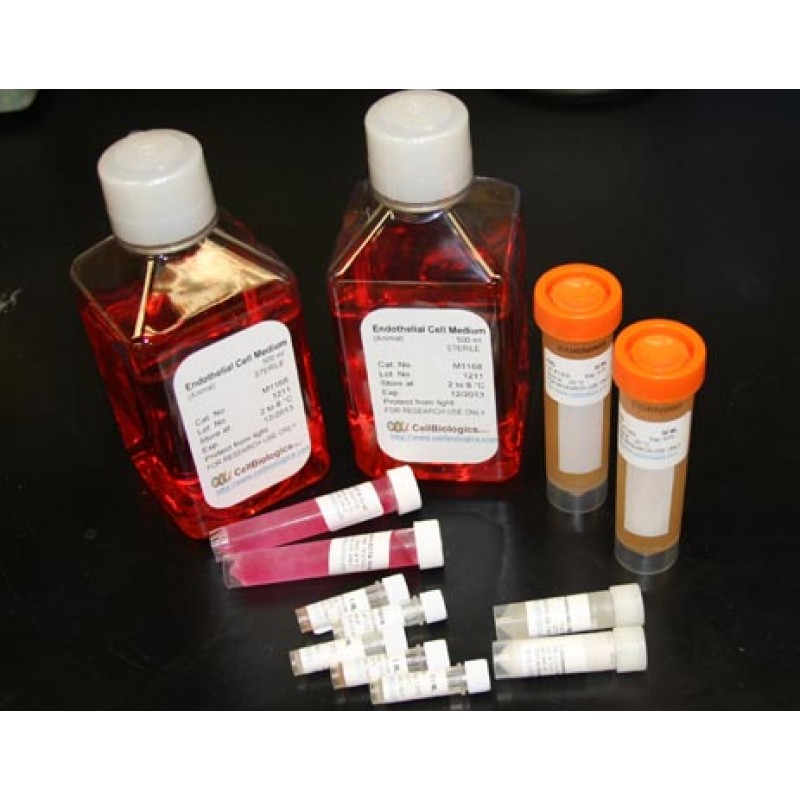Defensins are a large family of peptides of which two groups exist in mammals: alpha defensins and beta defensins - which are distinguishable by the spacing and connectivity of the conserved cysteine residues within the mature peptides. It is thought that the function of defensins in the eradication of pathogens from the host system is to insert themselves into the bacterial membrane under the influence of membrane potential, in doing so form channels which lead to leakage of cytoplasmic molecules and cell death. Human beta-defensin-1, which has 36 amino acids, was originally isolated from hemofiltrates of patients with advanced renal failure. The BD-1 gene is expressed mainly in the urogenital tract and, to a lesser degree, in trachea and lung, BD-1 is believed to function in the antimicrobial defense of the urogenital and respiratory tracts.


